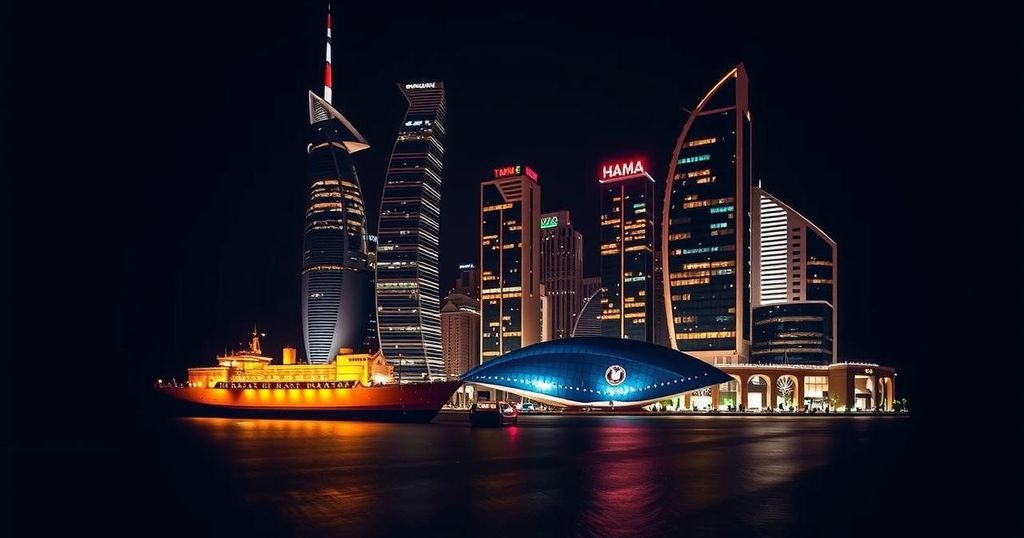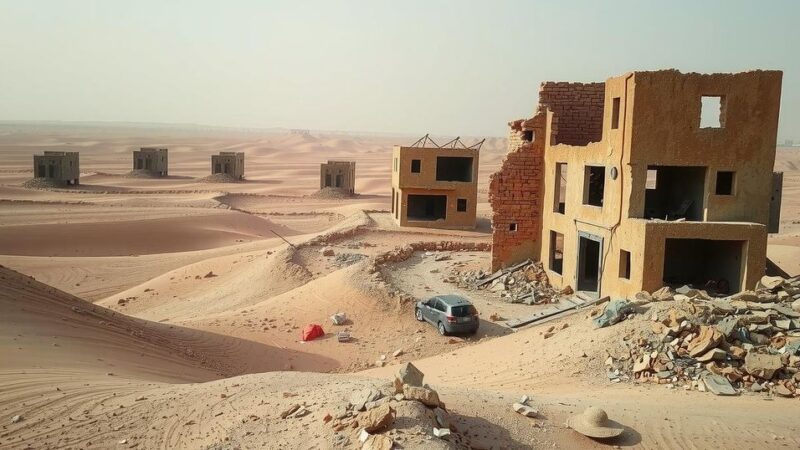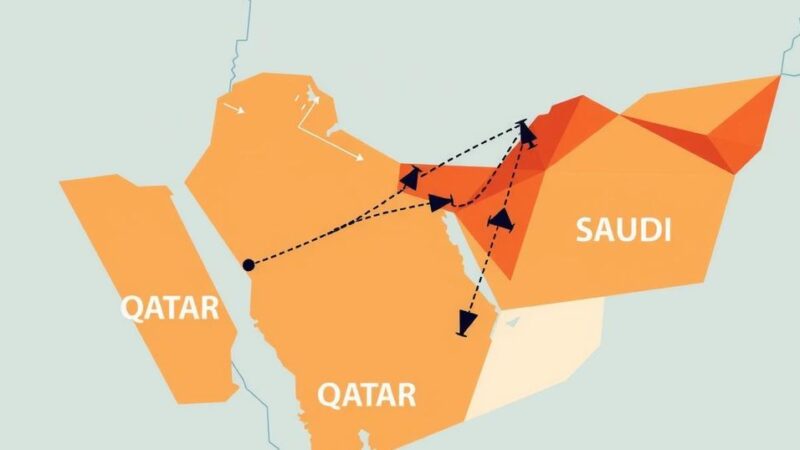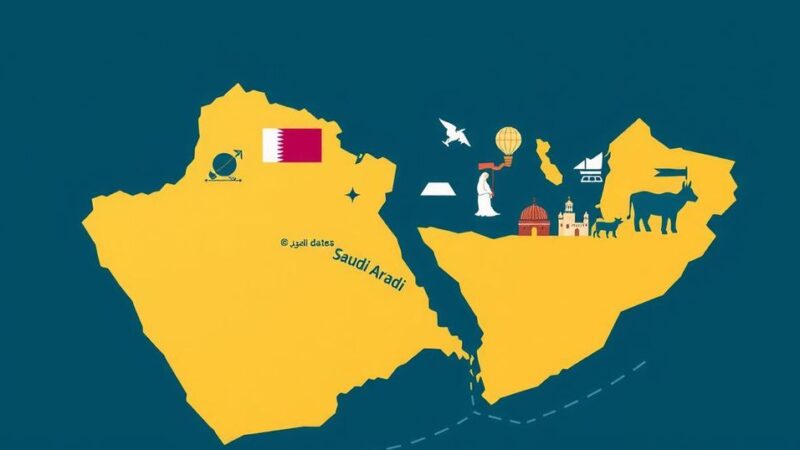Hamas leaders have reportedly relocated from Doha, yet Qatar’s office is not permanently closed. Qatar emphasizes the office’s diminished role amid paused mediation efforts for a Gaza ceasefire. U.S. officials voice concerns over Hamas’s leaders residing in allied countries, while Turkey maintains a different perspective, asserting that Hamas is a resistance group. Israeli Prime Minister Netanyahu reiterates the commitment to prevent Hamas from governing Gaza following ongoing hostilities.
Recent statements from the Qatari government and a senior Palestinian official have clarified the status of Hamas leaders, revealing that while key figures in Hamas’s negotiating team are no longer present in Doha, Qatar is not permanently closing the office. Qatar’s foreign ministry spokesperson emphasized that the office’s function has diminished due to suspended mediation efforts for a ceasefire in Gaza, yet it remains open. This shift in presence is regarded as a strategic adjustment to maintain discretion and avoid geopolitical embarrassment. Qatar’s role as a host for Hamas’s political bureau since 2012 has seen the Gulf nation facilitate intermediary negotiations between Hamas and Israel. However, recent developments suggest a recalibration of this relationship, particularly as Qatar refrains from formally requesting Hamas to vacate its space. Notably, Hamas negotiators may have relocated to various locations, potentially including Turkey, as indicated by travel patterns over previous months. U.S. State Department representatives voiced their concerns regarding Hamas’s leadership residing in cushy conditions within allied nations. They called for accountability, insisting that individuals associated with Hamas, which the U.S. classifies as a terrorist organization, ought to be extradited. Meanwhile, Turkey maintains a different stance, with President Erdoğan defending Hamas as a legitimate resistance group and receiving delegations from them periodically, a fact underscored by the Turkish Foreign Ministry’s dismissal of speculations about Hamas’s relocation. As military actions persisted, Israeli Prime Minister Benjamin Netanyahu reaffirmed his government’s stance to prevent Hamas from gaining any controlling influence in Gaza post-conflict and stressed the importance of recovering hostages taken during the recent escalation in violence.
The dynamics between Qatar and Hamas have been pivotal in Middle Eastern politics, particularly regarding the Israel-Palestine conflict. As a primary mediator, Qatar has facilitated discussions aimed at achieving peace in Gaza. However, the recent suspension of mediation efforts reflects a shift influenced by regional geopolitical considerations and the international political landscape following the U.S. elections. The evolving positioning of Hamas leadership adds complexity to ongoing diplomatic efforts and the humanitarian crisis in Gaza, where escalating violence has resulted in significant casualties on both sides.
In conclusion, the status of Hamas leaders currently remains ambiguous as they may have relocated from Doha while Qatar’s office remains operational. The Qatari government and key Palestinian sources indicate a transitional adjustment in Hamas’s regional presence, related to the cessation of mediation activities. This situation underscores an ongoing challenge in balancing regional relationships and addressing the humanitarian aspects of the conflict. As military tensions continue, further developments are anticipated as international stakeholders respond to the evolving situation.
Original Source: www.bbc.com






